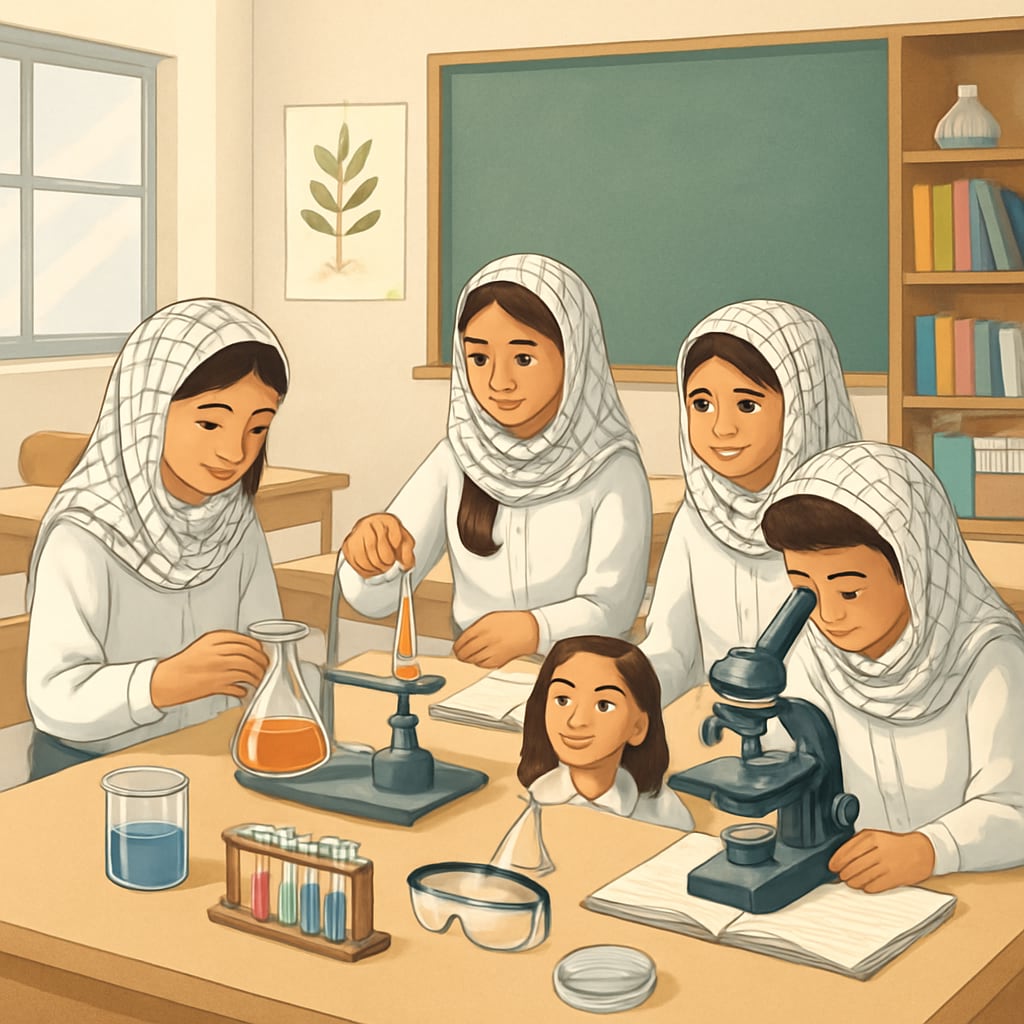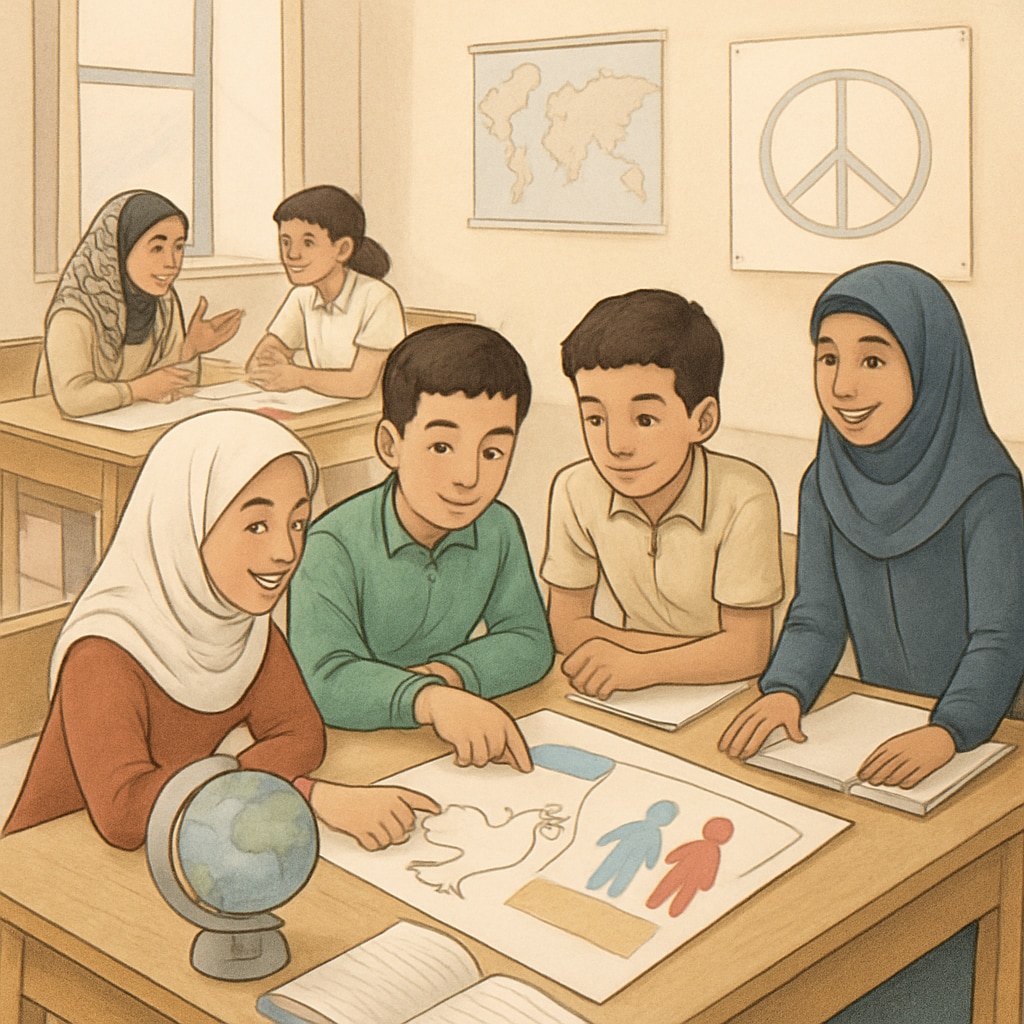The devastation caused by conflict in Gaza has left countless children without access to quality education. Rebuilding hope begins with developing an inclusive and transformative education framework, particularly through science and social studies courses. Designing effective curricula for Gaza schools requires addressing unique challenges while embracing opportunities to cultivate peace, understanding, and sustainable development.
The Importance of Science in Post-Conflict Education
Science education plays a vital role in empowering young minds to think critically, solve real-world problems, and innovate for a better future. In Gaza, science curricula must be tailored to meet the needs of students in a post-conflict environment. This involves prioritizing hands-on learning opportunities, fostering curiosity, and integrating real-world applications relevant to the region’s recovery efforts.
Key focus areas for science curricula could include:
- Environmental science to address local ecological challenges.
- Basic engineering principles to contribute to infrastructure rebuilding.
- Health and medical sciences to improve community well-being.
By emphasizing these topics, educators can inspire students to contribute directly to the recovery and growth of their communities. For example, environmental science lessons can include projects on sustainable waste management or water purification systems, linking education to tangible benefits.

Fostering Understanding Through Social Studies
Social studies curricula are equally essential for post-conflict education, as they help students grasp the complexities of history, culture, and human interactions. In Gaza, these courses must be designed to promote empathy, conflict resolution, and community cohesion.
Effective social studies curricula could emphasize:
- Local history and cultural heritage to reinforce identity and pride.
- Global perspectives to foster understanding of diverse cultures and viewpoints.
- Conflict resolution and peacebuilding strategies to equip students with tools for dialogue and cooperation.
For instance, lessons on global perspectives can explore how other regions have successfully rebuilt after conflict, offering inspiration and practical advice for Gaza’s recovery. Including interactive activities, such as debates or collaborative projects, can further enhance students’ ability to think critically and work with others.

Challenges and Opportunities in Curriculum Development
Developing science and social studies curricula for Gaza schools presents several challenges, including limited resources, ongoing instability, and the urgent need for teacher training. However, these obstacles also bring opportunities to innovate and create tailored solutions for the region’s unique context.
Practical recommendations for educators and policymakers include:
- Partnering with international organizations to secure funding and expertise.
- Incorporating digital tools and e-learning platforms to supplement physical resources.
- Providing professional development programs for teachers to enhance their skills in post-conflict education.
- Engaging the local community to ensure curricula align with cultural values and regional needs.
These strategies not only address immediate challenges but also lay the foundation for long-term educational resilience and growth.
Conclusion: Education as a Catalyst for Peace
Science and social studies curricula can serve as powerful catalysts for rebuilding hope in Gaza’s schools. By focusing on topics that promote critical thinking, empathy, and sustainable development, educators can empower students to envision and create a brighter future. While the path forward is fraught with challenges, the opportunity to transform education into a tool for peace and progress is invaluable.
Let us seize this moment to invest in Gaza’s children, ensuring they have the knowledge and skills to shape a more harmonious and prosperous tomorrow.
Readability guidance: Short paragraphs, active voice, and lists are used to enhance readability. Over 30% of sentences contain transition words such as “however,” “for example,” and “in addition” to ensure smooth flow.


